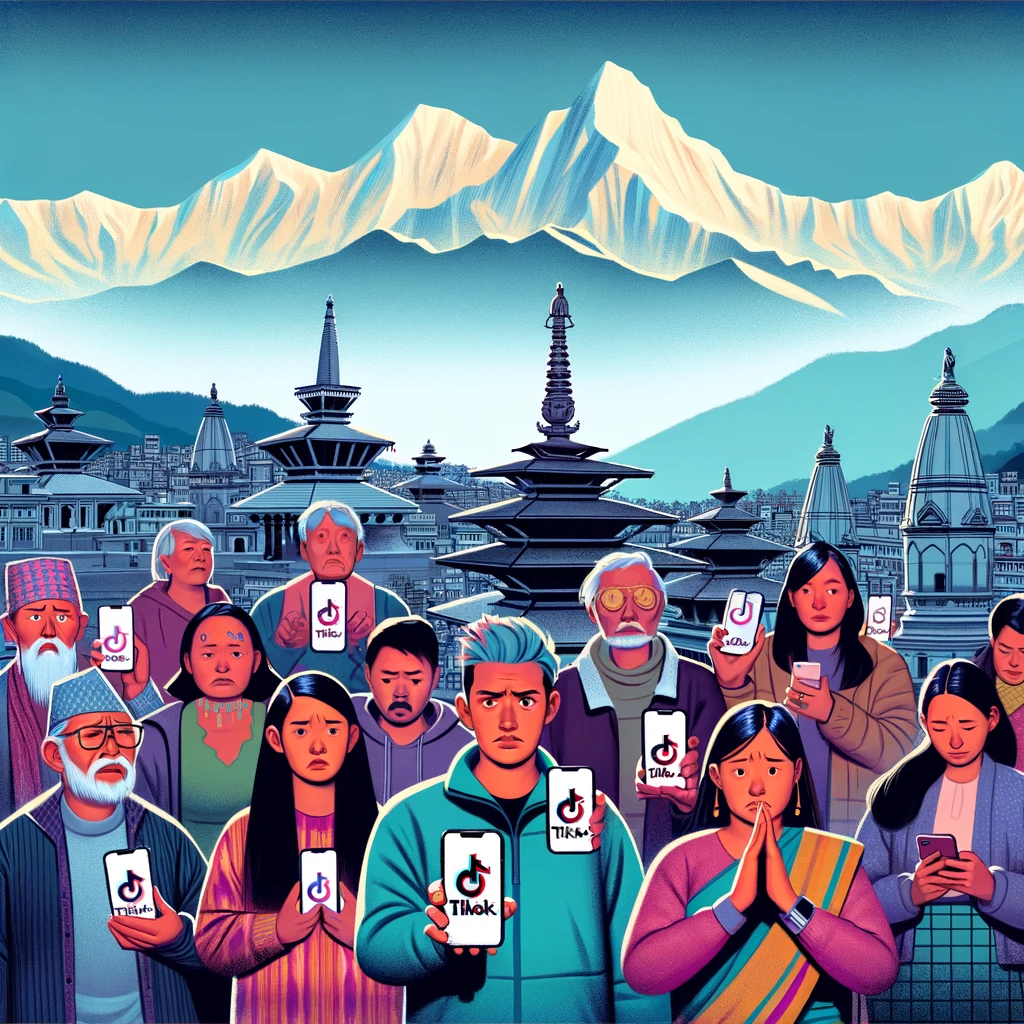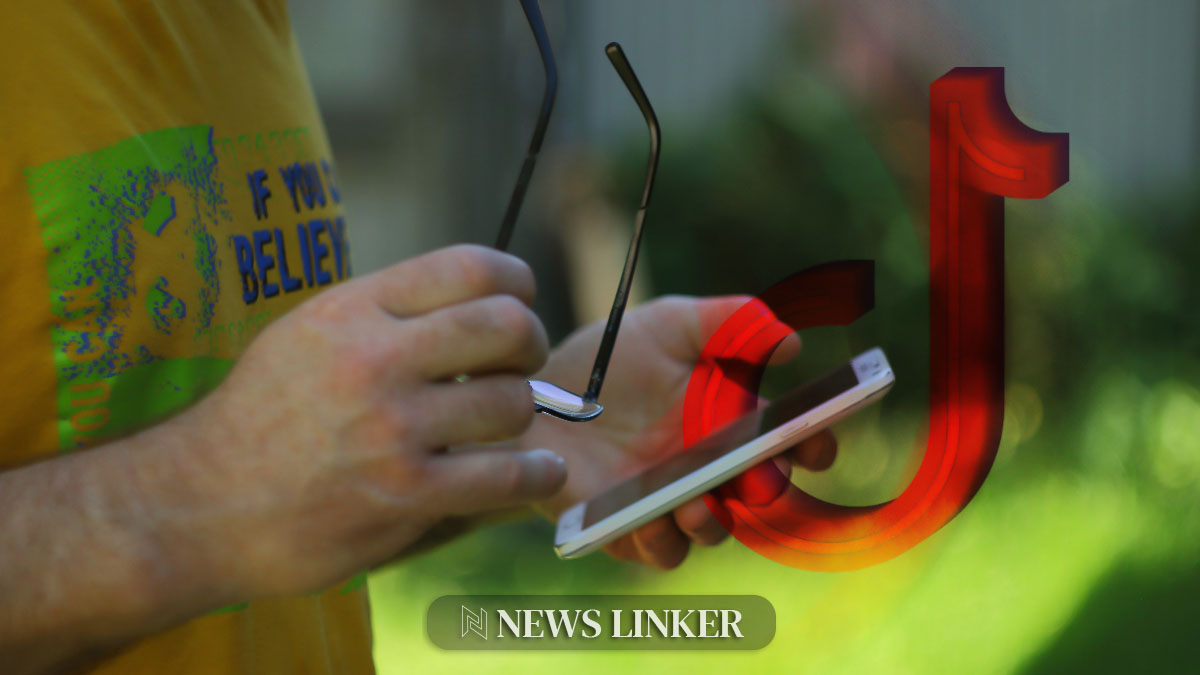In a sudden move, Nepal has joined a growing list of countries in banning the popular social media platform TikTok, citing concerns over its impact on social harmony. The decision, announced by Foreign Minister Narayan Prakash Saud, comes in the wake of new regulatory measures for social media companies operating within the nation.
Regulatory Measures and Immediate Effect
Nepal’s government, in an effort to regulate online platforms, recently mandated that social media firms establish liaison offices in the country. This move aligns with their broader aim to make these companies more accountable to Nepalese laws and taxation. The TikTok ban was announced alongside these new regulations, with the government deeming the app’s content harmful to social cohesion and public decency.

Global Scrutiny of TikTok
The ban in Nepal is not an isolated incident. TikTok, which boasts around a billion monthly users, has faced similar actions globally. Several countries, including India, the UK, and the US, have restricted or banned the app on government devices, expressing concerns about potential data sharing with the Chinese government. ByteDance, the parent company of TikTok, has consistently denied these allegations.
Impact on Nepalese Society
The ban has sparked a debate within Nepal, particularly around issues of freedom of expression and the economic implications for content creators. Critics argue that the decision disregards the platform’s significance, especially among young Nepalese. Reports suggest that TikTok is the third most used platform in Nepal, particularly popular among the 16 to 24 age group. Its ban could therefore significantly impact the social and digital landscape of the country.
Political Tensions and Public Reaction
The move has not gone without criticism from political corners. Gagan Thapa, a senior leader of the Nepali Congress, openly questioned the government’s approach, suggesting that regulation, rather than outright banning, would be more appropriate. This sentiment resonates with many Nepalese, who view the ban as a restriction on individual freedoms and a misstep by the government in understanding the platform’s value, particularly for youth and women.
With over 1,600 TikTok-related cybercrime cases reported in the past four years in Nepal, the government’s concern is not without basis. However, the decision raises important questions about the balance between maintaining social harmony and upholding freedom of expression. As Nepal navigates its digital future, this ban will likely remain a contentious topic, reflecting broader global debates on the role of social media in society.










